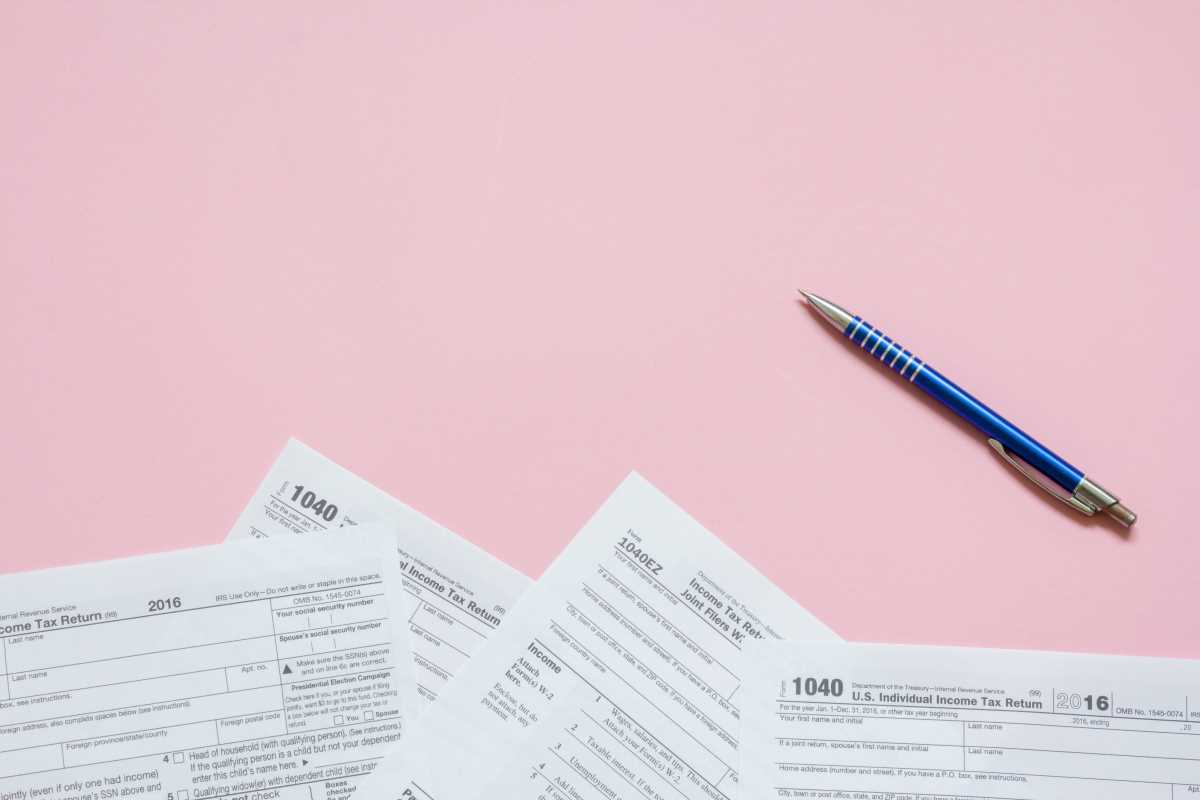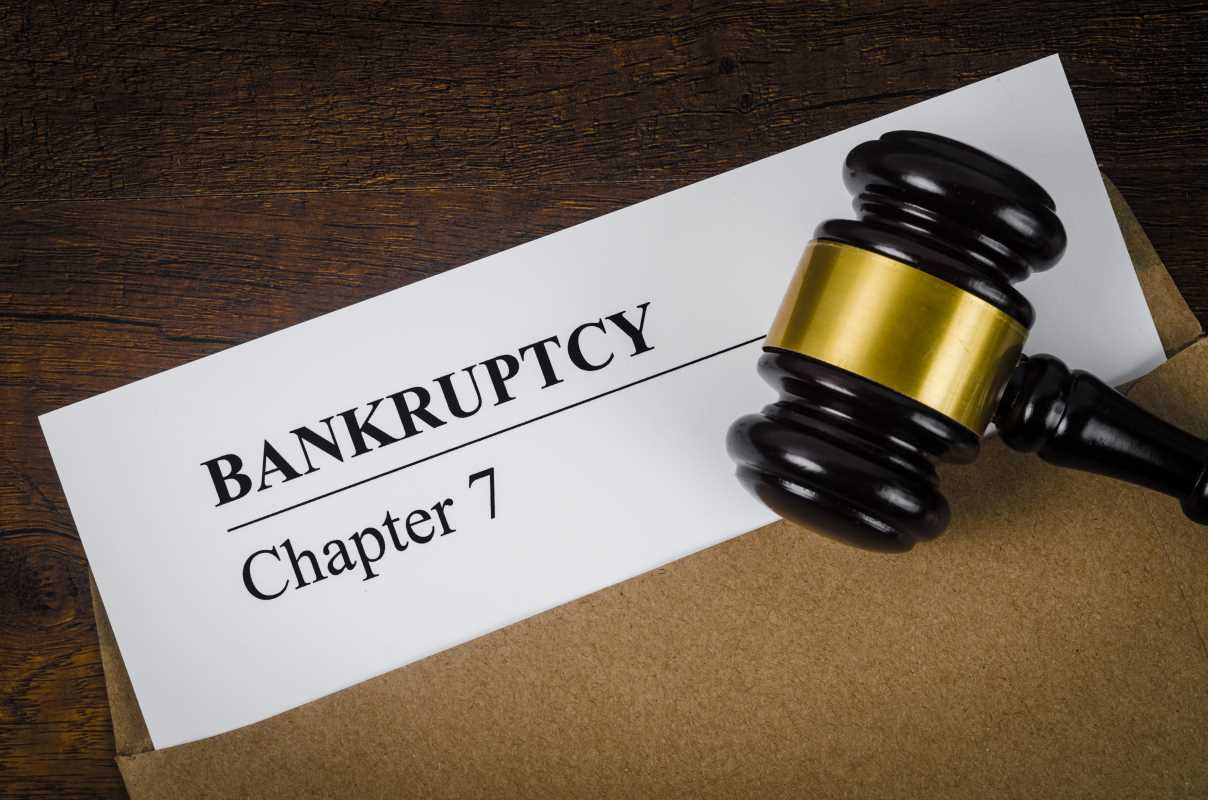Unexpected tax bills are difficult to deal with because coming up with extra funds to settle a tax liability may feel impossible. The good news is that even if you can’t pay your taxes in full, there are ways to manage the situation without spiraling into financial chaos. Tax penalties add to the stress, but understanding how they work and how to minimize them can make a big difference. By acting quickly and knowing your options, you can avoid unnecessary fees, reduce penalties, and work toward resolving your tax debt. Let's break down how to manage unpaid taxes and tackle penalties while staying on top of your financial health.
Understand Tax Penalties and How They Work
Tax penalties are additional charges the IRS applies when taxes aren’t filed or paid on time. Filing late or completely missing your tax filing deadline can result in hefty fees. On top of that, penalties grow the longer you wait to resolve your tax situation. There are two main penalties to be aware of:
- Failure to File Penalty: This fee is charged when you don’t submit your tax return by the deadline. It’s typically 5% of the unpaid tax amount for each month your return is late, up to a maximum of 25%.
- Failure to Pay Penalty: This fee applies if you file your taxes but don’t pay the full amount owed. It’s smaller at 0.5% of the unpaid tax each month, but it can also grow over time.
Adding interest to the mix makes it clear why these penalties quickly become unmanageable. A tax bill of even a few thousand dollars balloons when combined with late payment charges and compounding interest.
File Your Taxes on Time, Even If You Can’t Pay
One of the easiest ways to avoid harsher penalties is by filing your tax return on time, even if you can't pay the taxes you owe. Filing late only increases the penalties, and the failure-to-file fee is much higher than the failure-to-pay fee. If you owe $2,000 and file two months late without paying, the penalties could total around $200. By filing on time but not paying in full, you’d only face a $20 penalty for the same two months.
An extension to file your taxes grants you extra time to prepare your return, but it doesn’t extend the payment deadline. Filing accurate documents by the deadline helps you focus on just the payment issue, rather than compounding penalties.
Communicate With the IRS
Ignoring unpaid taxes won’t make them go away. Reaching out to the IRS shows that you’re committed to resolving the issue, even if you’re struggling financially. The IRS offers assistance to individuals in different financial circumstances and prefers to work with taxpayers to find manageable solutions.
Call the IRS as soon as possible to explain your situation. They can discuss your options and might even pause or lower penalties temporarily while you sort out your finances. Honest communication helps prevent more aggressive collection actions, like property liens or wage garnishments.
Explore Payment Plan Options
A payment plan allows you to break your tax debt into smaller, more manageable monthly installments. The IRS offers several types of payment agreements:
- Short-Term Payment Plan: For balances under $100,000, this option gives you up to 180 days to pay your taxes in full. There’s no setup fee, though interest continues to accrue.
- Long-Term Payment Plan (Installment Agreement): For larger debts or payments spread over more than 180 days, installment agreements give you monthly payment flexibility. These plans have setup fees that vary based on your payment methods, but they can be as low as $31.
Setting up an installment agreement is straightforward and can often be done online through the IRS website. To avoid breaking the agreement, just be sure to stick to the payment plan schedule.
Request a Penalty Waiver
Penalty waivers are one way to reduce or eliminate some of the fees linked to your unpaid taxes. The IRS offers penalty relief for taxpayers who qualify under specific circumstances. The three main types of penalty waivers include:
- First-Time Penalty Abatement: This waiver applies if you’ve had a good track record of filing and paying your taxes on time in previous years (usually the last three). If this is your first slip-up, it’s meant to give you a break.
- Reasonable Cause Waiver: Life events like natural disasters, medical emergencies, or loss of income may qualify you for penalty relief. Documentation or evidence showing how these events affected your ability to pay will be required.
- Statutory Exceptions: Errors made by the IRS or unexpected situations involving tax law changes can sometimes result in penalty waivers.
Contact the IRS to see if you qualify for any of these options. A formal written request may be required for some waivers, so be prepared to explain your case clearly and provide any supporting documents.
Ask for an Offer in Compromise (OIC)
An Offer in Compromise (OIC) is the closest thing to settling your tax debt for less than you owe. The IRS may accept an OIC if it believes you can’t pay your full tax liability through other means. Factors like income, living expenses, and asset equity are considered when determining eligibility.
Applying for an OIC can be complicated, requiring detailed financial information submission, a nonrefundable fee, and an initial payment. The application process is a lot to deal with, but it’s worth exploring if your financial hardship is severe. The OIC pre-qualifier tool on the IRS website can help you determine if it’s worth pursuing.
Avoid Borrowing Without a Plan
The pressure of unpaid taxes might tempt you to take out a personal loan, borrow from friends, or even use credit cards to pay off the debt. Borrowing can be useful sometimes, but you should consider whether this option fits your situation. Credit cards often come with high interest rates that could end up costing you more in the long run than the penalties tied to unpaid taxes.
Focus on making a realistic budget before turning to loans or credit. Prioritize your monthly expenses to free up as much money as possible toward the tax debt on your own first.
Lean on Free or Low-Cost Resources
You don’t have to handle tax-related struggles on your own. Free or low-cost resources provide valuable guidance, especially if you’re unsure where to begin. Community Tax, Volunteer Income Tax Assistance (VITA) programs, and Low Income Taxpayer Clinics (LITCs) offer help for individuals struggling with unpaid taxes and penalties.
Nonprofit credit counseling agencies can also assist with building a financial plan to work through your tax debt without neglecting other bills. Many of these services are designed to meet the needs of those living paycheck to paycheck.







